In today’s digital era, the act of sharing and cherishing memories or any memorable and important life events through pictures has been easily integrated into our daily lives. It is an age where clicking a button can make every moment immortal and save every memory forever.
Now that we have advanced in digital technology, we have also encountered a myriad of terms that are related to photography. But here is something interesting. As we have learned new terms in the art of photography, many people wonder about what you call it when you put two photos together. In this article, we are going to explain what are two photos together called.
Have you ever wanted to tell a story using two photos? Well, it is called Diptych Photos. It is a fun and creative way to tell a story using two photos.
What is a Diptych Photo?
A Diptych photo is when you put two pictures together. Diptych photos are a great way to explore an idea or tell a story in a visually engaging way or something interesting to look at.
Imagine you have to put two pictures together when your friends are standing side by side, and you want to put them next to each other. Or sometimes you might need to show the before and after images in a single image. For example, the image of a caterpillar turning into a butterfly. This is what you call a Diptych photo.
In a diptych, two separate pictures are put next to one another. The two pictures could be of the same thing or could be of two different things. Diptych photography can be used to produce several effects.
Why Use a Diptych Photo?
Using diptych photos can tell a story, convey contrasting ideas, or create a visually pleasing juxtaposition. It gained popularity as a way to convey or explore visual relationships between two images or engage viewers on a deeper level.
1. Use a Diptych to Compare Two Similar Subjects
One really cool and interesting thing you can do is compare two pictures or things together—the pictures that look alike or similar to each other.
It is like saying, “Hey, look at the two pictures, and let’s check the differences.” To do this, you can put two pictures side by side. For example, you can show two people or two objects side by side. By doing this, you can point out the contrast and unique qualities between them.
It is like a way to highlight what is interesting or special about them.
2. Use Diptychs to Tell a Story
One of the best things you can do using a Diptych is to tell a story using pictures. You can use them to create a photo story, which will be more interesting than displaying just one picture alone.
For example, imagine you want to show something like how it changed from one way to another. With a Diptych photo, you can show the “before” and “after” of a thing. It is like telling a story of how things have transformed or changed. You can also use Diptych to depict or show the cause and effect.
It is like having two chapters in a book, where each picture shows a different side of what is happening.
3. Use Diptychs to Create Contrast
Diptychs are a great way to make things look different from each other, creating contrast between the two images.
For instance, you can have one picture with full of lights and the other one with full of darkness. Like night and day next to each other. Another one is to use pictures of crowded, busy streets and the other that is fully empty. You can also have a sad picture next to a happy one or an exciting picture with a calm scene.
It is like showing opposite images to create an interesting image as a whole.
4. Double Exposure
Double exposure is a cool trick where you put two pictures on top of each other. It is like mixing two images that are superimposed. It is used to create an interesting visual effect.
Imagine you take two photos of the same thing, like a person or a tree. Instead of showing them separately, you can combine them using double exposure. This means one picture easily blends with the other one.
You can also use double exposure for creative couple poses. This will capture their love story in a beautiful, artistic way.
5. Shoot Different Angles
When you are putting two pictures together, it is a good trick to take them from two different angles. This makes your Diptych more interesting. It can also help to tell different stories or express various emotions.
For example, if you are capturing a busy street from a tall building, you will feel overwhelmed looking at the buses, cars, streets, and people. If you are capturing from below, the city will look more imposing.
Conclusion
Diptych photos are like a special tool in your toolbox. They are fantastic because they let you create a creative and visually appealing image. This helps you add more meaning and creativity to your pictures. Whether you are incorporating diptych photos for your business or for creating personal art and creative projects, these ideas will significantly enhance the impact of your images. Experiment with different combinations of images, angles, and perspectives for creating a simple yet visually striking art.
So, next time you have two special photos you want to share, try making a Diptych. It’s a way to let your imagination and creativity shine through your photography!
Go ahead and make your diptych images truly stand out and capture the hearts of your audience.

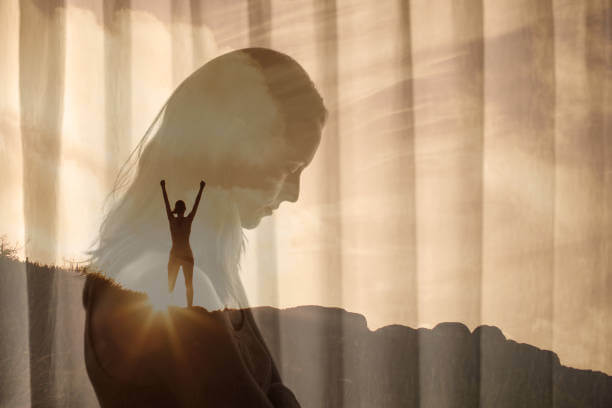
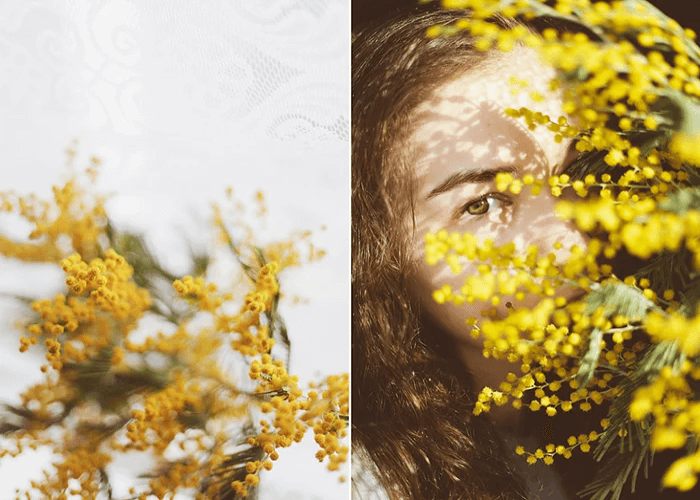
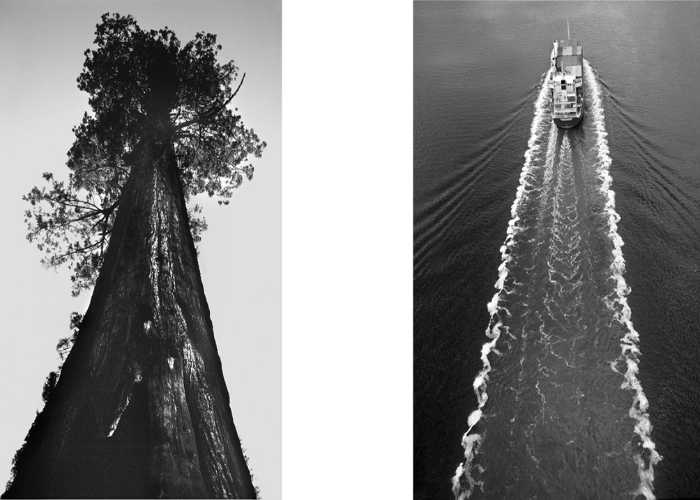
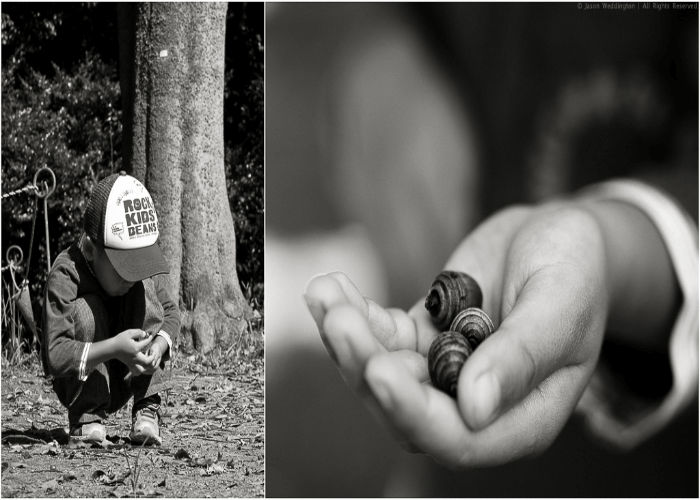
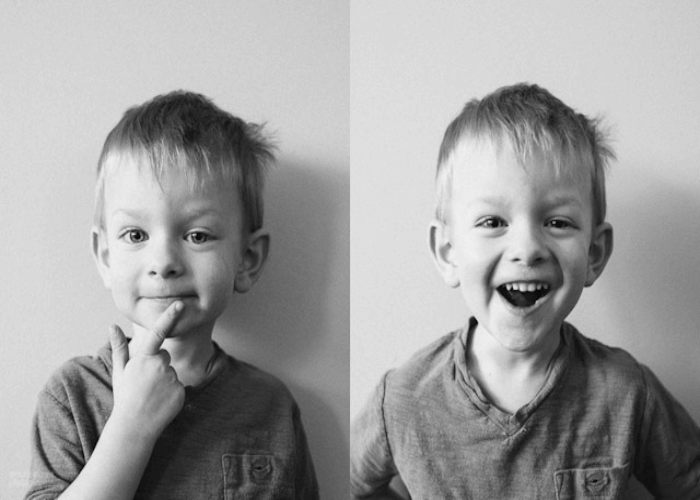
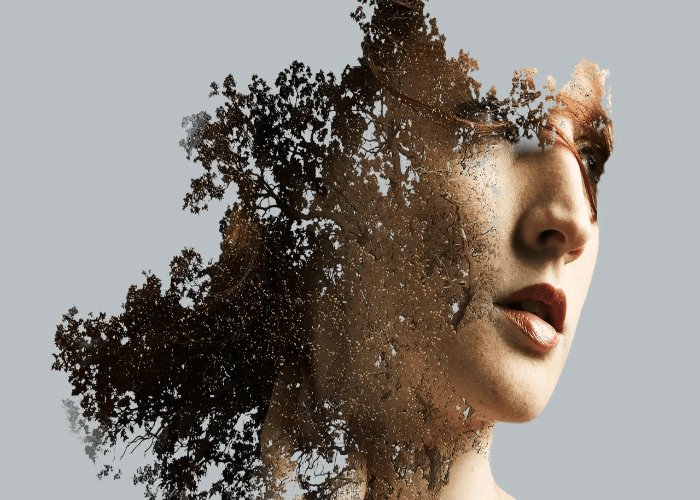
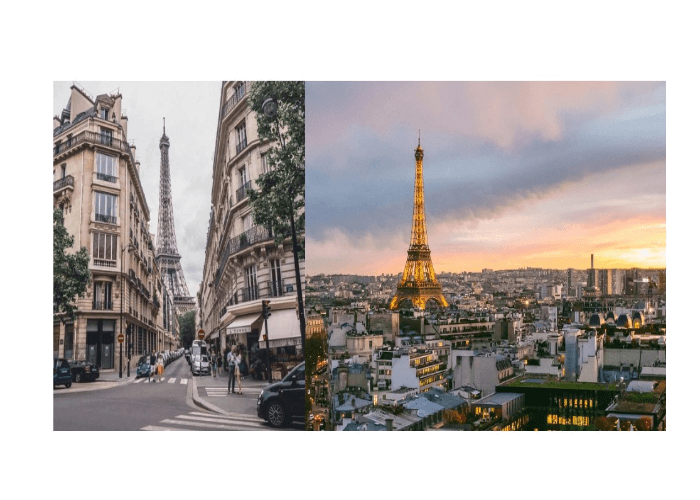

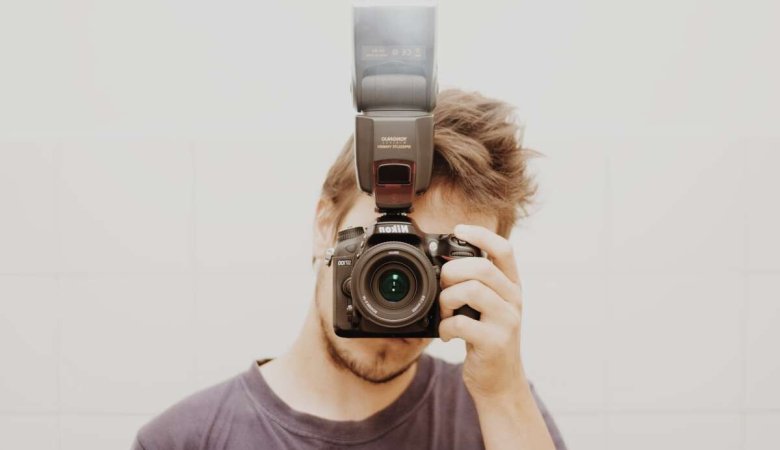
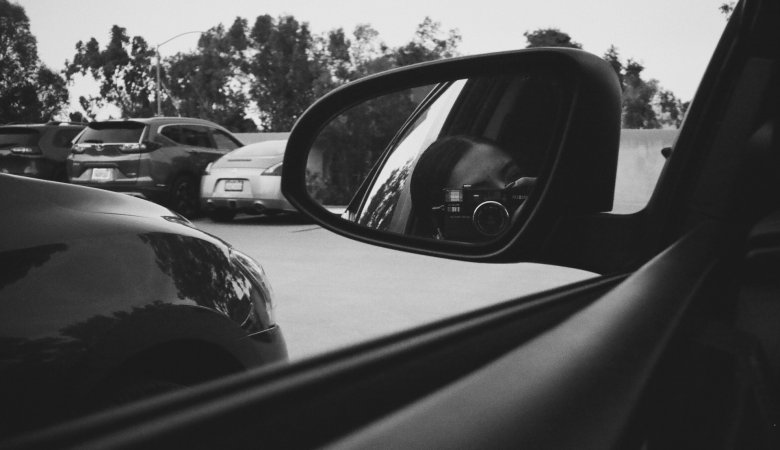
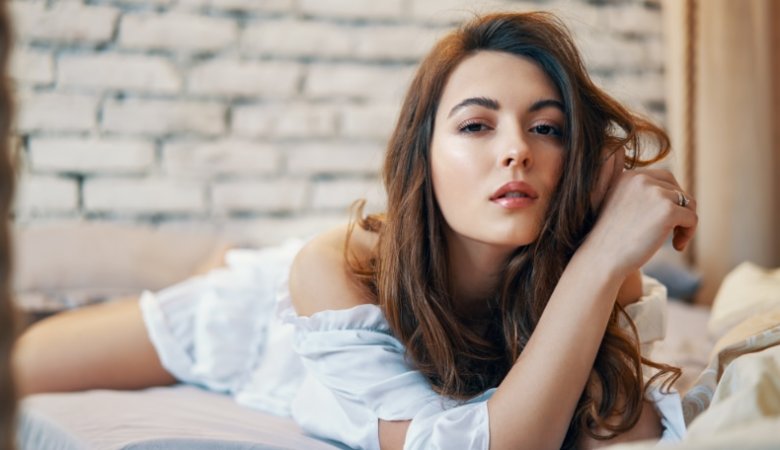
Leave a Reply